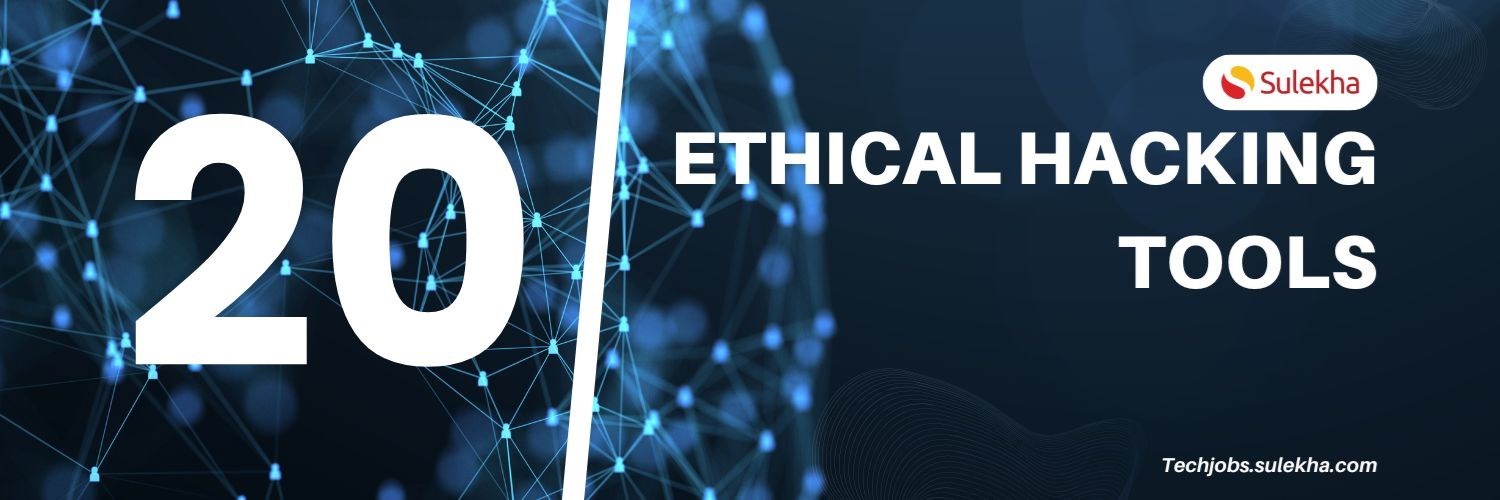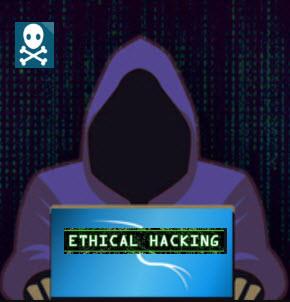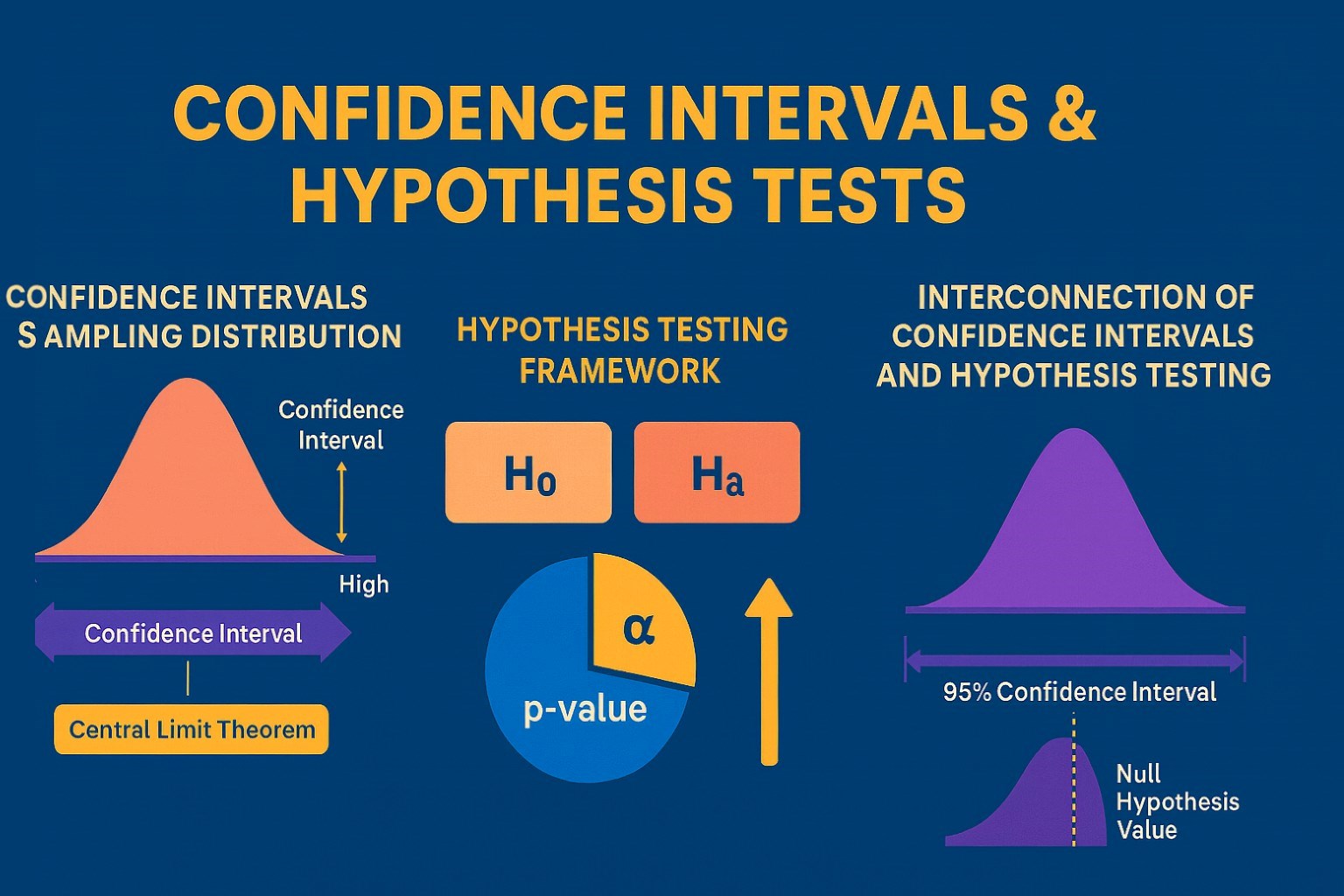What are the Advantages of Ethical Hacking?

Ethical hacking is a proliferating career path among various rapidly evolving technologies in the IT and non-IT industries. Ethical hacking and hackers are in demand in sectors like Information Technology (IT) Services, Financial Services, Healthcare, Government and Defense, E-commerce and Retail, Telecommunications, Technology and Software Development, Consulting Firms, etc. In all these industries, certified ethical hackers are in demand and rapidly spreading global phenomena. You can explore from basic to advanced level if you are a certified candidate.
In this blog, we shall delve into a comprehensive understanding of the advantages of ethical hacking, benefits of ethical hacking, and benefits of learning ethical hacking courses.
What is Ethical hacking?
Ethical hacking, also known as penetration testing or white-hat hacking, is testing the security of computer systems, networks, or applications to uncover potential vulnerabilities that malicious hackers could exploit. These are the common benefits of ethical hacking.
Ethical hackers are authorized professionals who use their skills to identify and fix security weaknesses, helping to protect organizations from cyber-attacks. The goal of ethical hacking is to improve the security posture of a system or network and prevent unauthorized access or data breaches.
Who is an Ethical Hacker?
An ethical hacker, also known as a white-hat hacker, is a cybersecurity professional authorized to legally and ethically attempt to penetrate computer systems, networks, or applications to identify and address security vulnerabilities. These individuals use their skills to help organizations improve their security defenses and protect against potential cyber threats. Ethical hackers typically work to uncover weaknesses in a system's security and provide recommendations for strengthening defenses, ultimately helping to prevent unauthorized access and data breaches.
What is the Goal of Hacking?
The goal of hacking can vary depending on the motivations of the hacker. Some common hacking goals include gaining unauthorized access to a system or network, stealing sensitive information, disrupting or damaging systems or infrastructure, and spreading malware or viruses. Some hackers may also hack for political or ideological reasons, such as to promote a particular cause or to protest against a specific organization or government.
Type Ethical Hackers
Ethical hacking is a method employed to protect a system or data from unauthorized intrusion. User prevention is crucial in mitigating the primary objective of hacking and cyber-attacks.
White hat hacker
A white hat hacker is an ethical computer security expert who uses their skills to identify and fix vulnerabilities in computer systems and networks. They work to improve cybersecurity and protect against potential cyber threats. White hat hackers typically operate with the system owner's permission and adhere to ethical standards while conducting security assessments and tests.
Black Hat Hacker
A black hat hacker is an individual who engages in unauthorized and malicious activities, such as stealing data, disrupting systems, and causing harm to individuals or organizations. They operate to exploit vulnerabilities for personal gain, financial profit, or to cause harm. Black hat hackers are considered unethical and often engage in illegal activities.
Gray Hat Hacker
A gray hat hacker is an individual who may operate in a morally ambiguous area, sometimes performing unauthorized activities to identify vulnerabilities but not intending to cause harm or exploit them. They may disclose vulnerabilities to the system owner or the public without permission, blurring the line between ethical and unethical behavior. Gray hat hackers do not have malicious intent but may engage in activities that are not entirely legal or ethical.
How Ethical Hacking Is Performed?
Ethical hacking involves authorized cybersecurity professionals, known as ethical hackers, simulating real-world attacks to identify and address security vulnerabilities in computer systems, networks, or applications. They use various tools and methodologies to exploit weaknesses, providing valuable insights to organizations to improve their cybersecurity posture. Ethical hacking is conducted with explicit permission, adheres to a code of ethics, and aims to enhance security by proactively identifying and mitigating potential threats. Ethical hackers commonly follow a six-step procedure.
Reconnaissance
Reconnaissance gathers information about a target system or network to identify potential vulnerabilities and plan attacks. It involves passive information gathering, such as scanning for open ports, identifying system architecture, and collecting publicly available data.
Scanning
In ethical hacking, scanning is a systematic process conducted after reconnaissance, where cybersecurity professionals, known as ethical hackers, actively probe and analyze the target system or network to identify potential vulnerabilities. This phase involves using specialized scanning tools and techniques to gather more detailed information about the target's infrastructure.
Gaining access
Ethical hacking refers to finding and exploiting vulnerabilities in a system or network to gain unauthorized access. This can involve using various techniques such as password cracking, exploiting software vulnerabilities, or social engineering.
Maintaining access
Maintaining access in ethical hacking involves ensuring continued access to a compromised system or network after initial access. This can include setting up backdoors, creating additional user accounts, or installing persistent malware to maintain control and access. Metasploit is the most popular tool utilized in this cycle.
Reporting
Reporting ethical hacking involves documenting and communicating the findings and outcomes of a security assessment to the relevant stakeholders. Ethical hackers compile detailed reports outlining discovered vulnerabilities, potential risks, and recommended remediation strategies. The report typically includes an executive summary for non-technical audiences and a more in-depth analysis for technical teams. Clear and concise reporting is essential to facilitate understanding, prioritize security improvements, and guide organizations in fortifying their defenses based on the identified vulnerabilitiel̥s and weaknesses. Regular reporting is crucial to the ethical hacking process to support ongoing cybersecurity efforts.
Now, we shall discuss benefit of ethical hacking and benefits of learning ethical hacking course.
Benefits of ethical hacking:
The following are some of the advantages of ethical hacking.
- Ethical hacking helps identify vulnerabilities and weaknesses in a system or network, allowing organizations to address these issues before malicious hackers exploit them.
- Many industries and organizations must adhere to certain security standards and regulations. Ethical hacking helps ensure compliance with these regulations by identifying and addressing security risks.
- Identifying and addressing security vulnerabilities before they are exploited can save organizations significant costs associated with data breaches, legal fees, and damage to their reputation.
- Ethical hacking enables organizations to mitigate potential risks and prevent security incidents that could lead to data breaches or service disruptions by uncovering system, network, or application weaknesses.
Benefits of learning ethical hacking course
1. Enhanced Cybersecurity Skills:
Learning ethical hacking equips individuals with practical skills and knowledge to identify and address security vulnerabilities,
2. Career Opportunities:
Ethical hacking certifications, such as Certified Ethical Hacker (CEH) Certifications or Offensive Security Certified Professional (OSCP), can open doors to lucrative career opportunities in cybersecurity, as organizations actively seek professionals with hands-on penetration testing skills.
3. Proactive Threat Mitigation:
Ethical hacking training enables individuals to proactively assess and mitigate security threats, allowing them to stay ahead of potential cyber-attacks and protect sensitive information effectively.
4. Industry Recognition:
Holding ethical hacking certifications provides industry-recognized validation of one's skills and expertise in cybersecurity, enhancing credibility and marketability in the rapidly evolving field.
5. Contribution to Organizational Security:
Individuals with ethical hacking skills can be crucial in securing organizations from cyber threats. Identifying vulnerabilities and recommending solutions contribute to creating a robust and resilient security infrastructure.
So, after completing the ethical hacking course, you can explore various career opportunities in multiple sectors. Moreover, as the demand proliferates, the entry-level ethical hacking job salary in the US is $112,000 annually.
In summary, ethical hacking is a formidable ally in cybersecurity, offering proactive risk mitigation, compliance assurance, enhanced incident response readiness, and promising career prospects. Ethical hacking contributes significantly to fortifying digital landscapes against evolving cyber threats by fostering a culture of vigilance and resilience.
Find a course provider to learn Ethical Hacking
Java training | J2EE training | J2EE Jboss training | Apache JMeter trainingTake the next step towards your professional goals in Ethical Hacking
Don't hesitate to talk with our course advisor right now
Receive a call
Contact NowMake a call
+1-732-338-7323Enroll for the next batch
Certified Ethical Hacker Course
- Dec 15 2025
- Online
Certified Ethical Hacker Course
- Dec 16 2025
- Online
Certified Ethical Hacker Course
- Dec 17 2025
- Online
Related blogs on Ethical Hacking to learn more

Top 15 Ethical Hacking Tools to Use in 2024
In top 20 Ethical Hacking Tools and Software, we have discussed What is Ethical hacking, what are Ethical Hacking Tools and Software and the importance of Hacking Tools.

A glance into the world of Ethical hacking
A hacker is an individual or a group of people who steals the private information of a person or an organization and gains advantages from it from their digital device or network using various hacking tools. Majorly there are three types of hackers:

How to Boost Cyber Security As An Ethical Hacker
Cyber security is protecting the Information systems from damage or theft of the software, hardware and to the sensitive information on them. It involves the controlling of the access to the hardware and protecting

What Are Most Sought-After Certifications For Ethical Hackers?
One of the high demand jobs in the IT field is that of an ethical hacker, who intentionally penetrates into the systems and networks to detect and fix vulnerabilities.The term hacking of computers, carries with it a negative impact. It just brings to

The Importance of Penetration Testing and What it takes to be a Penetration Tester
“What is penetration testing?” is a commonly asked question. Penetration testing is a complex process that involves testing applications for security vulnerabilities. Easier said than done, penetration testing has become a major part of ethical hacki

A Comprehensive Guide To Become A Successful White Hat Hacker
Hacking is considered to be an offense but it is ethical, when under a contract between an organization and a hacker. Breaking into the computer system was a practice of the geeks but now surprisingly, it is a career option. In the past few years, th

Ethical Hacking – Offering Several Advantages
The term ‘hacking of computers’; carries with it a negative impact. It just brings to the mind images of techies stealing customer identities, sensitive information and disabling vital computer networks but hacking can also be used to bring about pos
Latest blogs on technology to explore

From Student to AI Pro: What Does Prompt Engineering Entail and How Do You Start?
Explore the growing field of prompt engineering, a vital skill for AI enthusiasts. Learn how to craft optimized prompts for tools like ChatGPT and Gemini, and discover the career opportunities and skills needed to succeed in this fast-evolving indust

How Security Classification Guides Strengthen Data Protection in Modern Cybersecurity
A Security Classification Guide (SCG) defines data protection standards, ensuring sensitive information is handled securely across all levels. By outlining confidentiality, access controls, and declassification procedures, SCGs strengthen cybersecuri

Artificial Intelligence – A Growing Field of Study for Modern Learners
Artificial Intelligence is becoming a top study choice due to high job demand and future scope. This blog explains key subjects, career opportunities, and a simple AI study roadmap to help beginners start learning and build a strong career in the AI

Java in 2026: Why This ‘Old’ Language Is Still Your Golden Ticket to a Tech Career (And Where to Learn It!
Think Java is old news? Think again! 90% of Fortune 500 companies (yes, including Google, Amazon, and Netflix) run on Java (Oracle, 2025). From Android apps to banking systems, Java is the backbone of tech—and Sulekha IT Services is your fast track t

From Student to AI Pro: What Does Prompt Engineering Entail and How Do You Start?
Learn what prompt engineering is, why it matters, and how students and professionals can start mastering AI tools like ChatGPT, Gemini, and Copilot.

Cyber Security in 2025: The Golden Ticket to a Future-Proof Career
Cyber security jobs are growing 35% faster than any other tech field (U.S. Bureau of Labor Statistics, 2024)—and the average salary is $100,000+ per year! In a world where data breaches cost businesses $4.45 million on average (IBM, 2024), cyber secu

SAP SD in 2025: Your Ticket to a High-Flying IT Career
In the fast-paced world of IT and enterprise software, SAP SD (Sales and Distribution) is the secret sauce that keeps businesses running smoothly. Whether it’s managing customer orders, pricing, shipping, or billing, SAP SD is the backbone of sales o

SAP FICO in 2025: Salary, Jobs & How to Get Certified
AP FICO professionals earn $90,000–$130,000/year in the USA and Canada—and demand is skyrocketing! If you’re eyeing a future-proof IT career, SAP FICO (Financial Accounting & Controlling) is your golden ticket. But where do you start? Sulekha IT Serv

Train Like an AI Engineer: The Smartest Career Move You’ll Make This Year!
Why AI Engineering Is the Hottest Skillset Right Now From self-driving cars to chatbots that sound eerily human, Artificial Intelligence is no longer science fiction — it’s the backbone of modern tech. And guess what? Companies across the USA and Can

Confidence Intervals & Hypothesis Tests: The Data Science Path to Generalization
Learn how confidence intervals and hypothesis tests turn sample data into reliable population insights in data science. Understand CLT, p-values, and significance to generalize results, quantify uncertainty, and make evidence-based decisions.